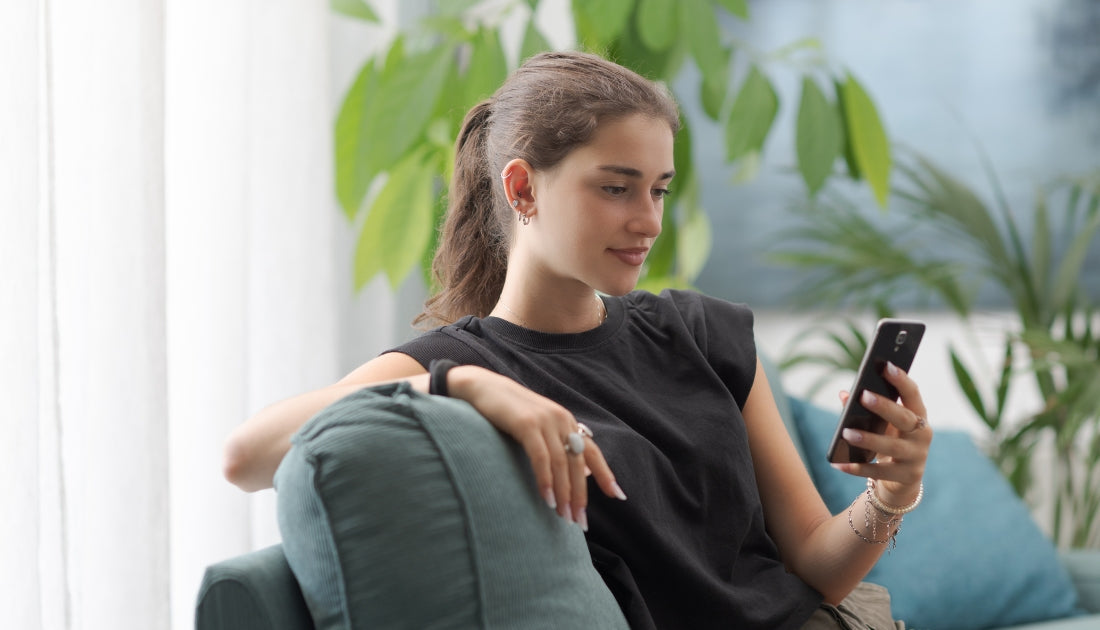Social Media's Effect on Teens

Ding! Is that a notification? Did you know the average person spends two and a half hours on social media per day, but younger people especially can average up to almost six hours per day?1
We have all become more captivated by our phones and social media, and it can be exhilarating to see the reactions and comments roll in. While social media is a great tool for communication, learning, and entertainment, we’ve become so attached that it can easily reach an unhealthy level.
Some teenage brains may lack the necessary level of dopamine, which is a neurotransmitter in the brain linked to pleasure and happiness that helps us regulate emotions and complete tasks to achieve a reward. This lack creates the near-constant pursuit of dopamine-boosting activities, like scrolling through TikTok or Instagram reels, to reach the proper level the brain needs. Ever wondered why it’s so much more fulfilling to scroll endlessly on a topic of interest (maybe a hobby or friends’ posts) than it is to do the more important to dos on the list? Hyper-fixating on things that provide quick dopamine boosts is very common for those with nutritional deficiencies! This can create a lack of impulse control and further the search for instant dopamine boosts.
It’s challenging enough to focus on work/school/to dos without the distraction our phones offer. The constant need to check our notifications and the thrill of validation we may get from social media can be a big distraction. It’s easy to become time blind and not realize just how long you’ve been scrolling, which can lead to issues in school, work, and relationships. It creates a cycle of boredom, making it harder to focus on less-dopamine boosting activities. Do you often find yourself switching back and forth between tasks and social media or from one device to another to try to stay engaged. You may also notice you get to bed later or can’t fall asleep, feel more insecure or unproductive, and experience more anxious thoughts.
Social media has even changed the way we communicate and express ourselves. We can reach out to far away friends and family, which can create a helpful sense of connection and belonging, but it typically showcases the highlight reels of others’ lives instead of the day-to-day reality. When we compare our daily lives to their highlights, it can lead to isolation, low self-esteem, dissociation, and depressive thoughts.
But what can we do about this? If you’d like to reduce your scroll time, using a tracking app can be a good place to start. It will show you your patterns and when you’re most likely to get sucked in. You can also create timers that notify you when you’ve reached your set limit or turn off alerts. Reducing social media use is challenging, so starting with reducing can be a good step.
Once again, social media is a great tool when used appropriately. For those with ADHD, finding that balance might be more difficult as the brain searches for that dopamine boost, but it is doable, so don’t give up! We are always here to support you on your ADHD journey, so feel free to contact us with any questions.
For more information, contact us at info@fenixhealthscience.com.
These statements have not been evaluated by the Food and Drug Administration. This product is not intended to diagnose, treat, cure, or prevent any disease.
References:
[1] How Much Time Do People Spend on Social Media in 2023? (2023, February 28). Techjury. https://techjury.net/blog/time-spent-on-social-media/




